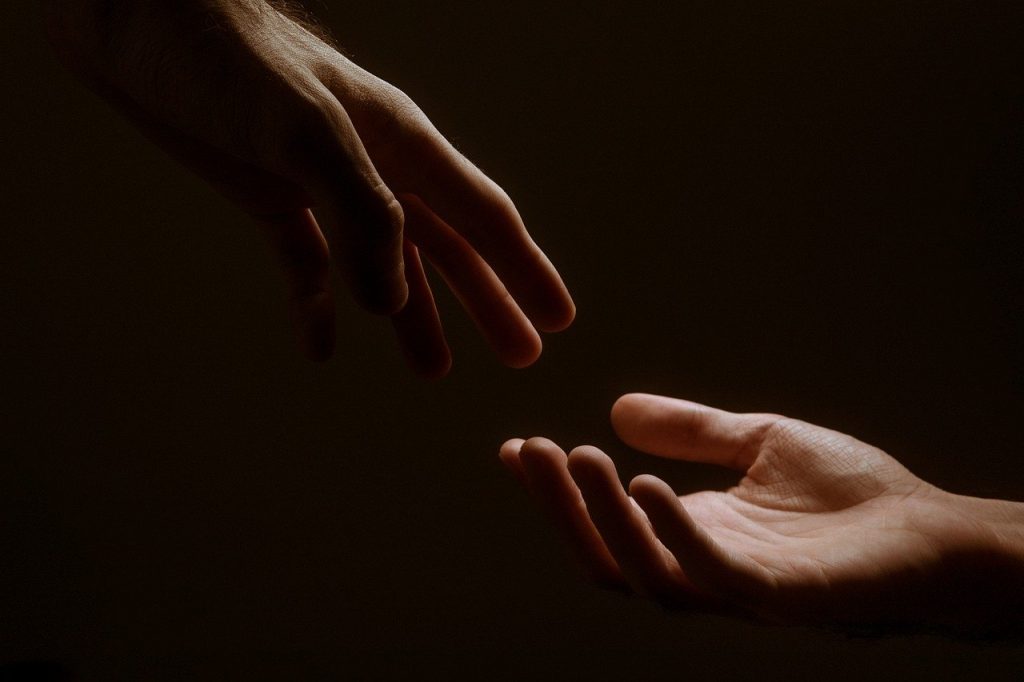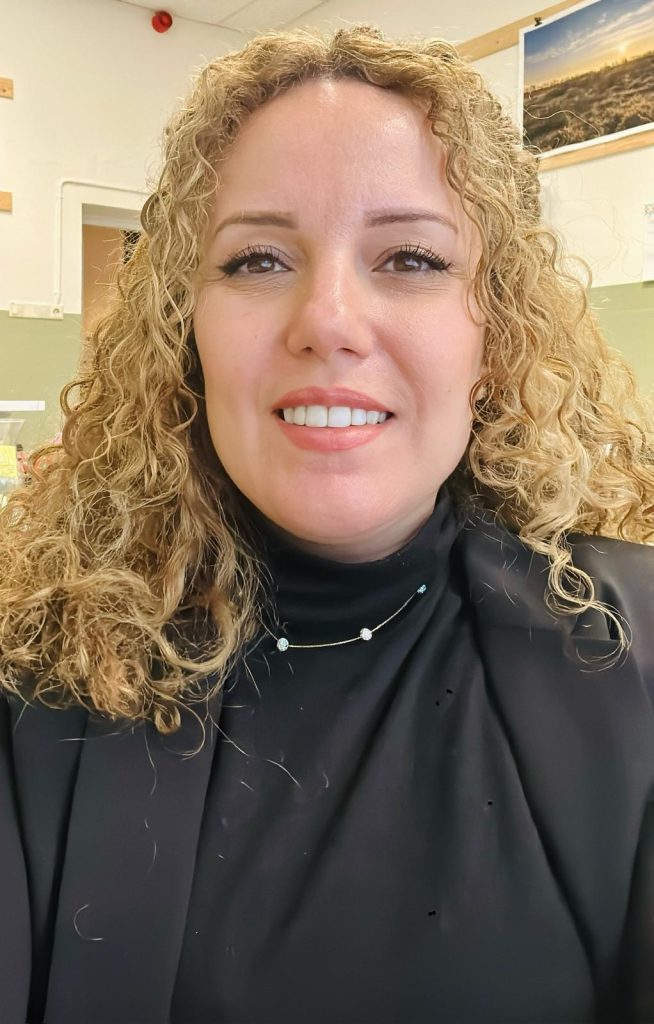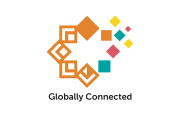
Our Members Our Stories

Faces of Change stories
Farah’s Story in Integration and Peacebuilding
Farah Ismaeil is a trainer in the mandatory integration program for newcomers in the municipality of ‘s-Hertogenbosch, Netherlands. In addition to her official role, she devotes time to facilitating voluntary workshops to empower individuals and communities to develop dialogue and understanding skills while promoting a culture of peaceful coexistence. Her work focuses on training refugees and newcomers in the Netherlands, with a special emphasis on supporting them in their social integration journey. She also works with youth in conflict-affected areas, helping them build leadership and practical communication skills.
Farah has trained hundreds of people in trust-building, constructive dialogue, active citizenship, conflict resolution, and nonviolent communication. Her efforts have helped create safe spaces for discussion and shared learning, enabling individuals to become active contributors and community leaders capable of driving positive change through dialogue and mutual respect.
Her journey in this field began through youth-focused initiatives that aimed to strengthen the role of young people in peacebuilding. She has always believed in the power of dialogue as a tool for conflict resolution. In 2013, she participated in a workshop on active citizenship with Mobaderoon, which became a turning point in her path. She then pursued specialized training to develop her facilitation and training skills further. Over time, she could design and deliver workshops with real and lasting impact.
Farah faced several challenges, particularly as a Syrian woman working in communities still affected by conflict and in a field that requires active engagement and trust. At times, she encountered difficulties in accepting women as trainers and change-makers. However, she overcame these challenges by building trust with participants and proving that determination and a clear vision can bring about meaningful change.
The networks of Mobaderoon and Globally Connected played a significant role in supporting her professional growth. She accessed training opportunities through these networks, explored new facilitation strategies, and gained innovative peacebuilding tools. She also exchanged experiences with people from diverse backgrounds, which broadened her perspective and enriched her journey.
One of the most impactful moments in her work was facilitating her first peacebuilding workshop in a sensitive setting, where she witnessed a genuine shift in how participants engaged with each other by the end of the session. This experience deepened her belief in the power of dialogue to rebuild communities.
On a personal level, Farah has developed a stronger awareness of her role in driving positive change and has become more confident in her ability to make an impact. Professionally, she has gained valuable tools and insights that have enhanced her ability to facilitate dialogues in various contexts, ultimately leading to her current role as an official trainer in the integration program in ‘s-Hertogenbosch.
Looking ahead, Farah aspires to expand her work to reach more communities and groups, particularly across Europe. She hopes to support more refugees and newcomers in their journey toward integration and building a new life. Additionally, she aims to design sustainable training programs that empower individuals to become ambassadors of peace within their communities.
From Survival to Solidarity
Marwa Al Mbaed’s Journey of Healing and Peacebuilding
Marwa Almbaed is a Syrian speaker, self-advocate, survivor, and occupational therapist in training based in Heidelberg, Baden-Württemberg, Germany. She is pursuing her studies at SRH Hochschule Heidelberg, where she combines academic training with lived experience to support others—particularly survivors of conflict and violence. Her work and studies are grounded in her commitment to peacebuilding, youth engagement, and migration policies.
Through her active involvement with Globally Connected and Mobaderoon, Marwa has strengthened her dialogue, facilitation, and advocacy abilities. These experiences enhanced her capacity to engage in meaningful and constructive discussions with decision-makers, even in settings where views profoundly diverge—especially on issues related to peace and justice. She has learned to adopt a holistic perspective, to understand where different parties are coming from, and to build bridges of trust and understanding despite disagreement or tension. This approach has helped shape her commitment to a just and sustainable peace that centers on human dignity.
On a personal level, this journey marked a transformative moment. Through these networks, Marwa built a safe circle of connection and belonging to a second family that supported her personal and professional growth. She also honed her skills in designing and facilitating workshops grounded in the values of peacebuilding and social justice.
Today, Marwa continues to see her path as a call to create safe, inclusive spaces for dialogue, empowerment, and solidarity within Syria and among displaced communities. Her work reflects a deep belief in the power of individuals to drive change, heal, and build more just and inclusive societies.
